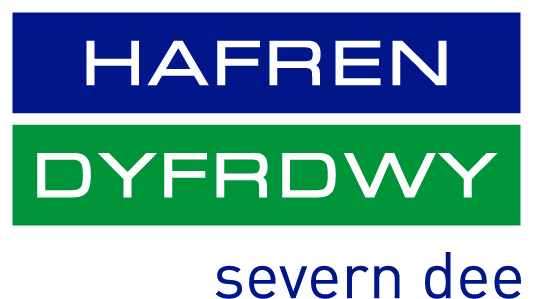Ofwat control the amount we charge and it’s our responsibility to inform them exactly what we’re charging and how we plan to use the money. We review these charges every year to make sure our customers always get the best value service.
You can download a simple guide to our household charges below, or the full scheme if you want more detail. There are also some answers to frequently asked questions further down this page.
The District Valuer on behalf of the Inland Revenue originally assessed rateable values. They were based on the size of the property, the number of rooms inside the property, the amenities available and the overall location. No new rateable values have been set since March 1990 following the introduction of the Poll Tax.
Water companies are still legally entitled to use rateable value as the basis for charges, but we are not able to use council tax banding. New properties built since 1990 do not have a rateable value and are metered. If you have a property with rateable values you can choose to have a water meter installed. Call us on 0330 678 1485 to find out more.
Metered charges are made up of three elements – water supply, used water and surface water drainage.
Water supply and used water charges are based on the volume of water used. The amount used is calculated based on the difference between two meter readings.
These charges are levied for the removal and treatment of surface water or rainwater from your property.
Charges are based either on the rateable value of the property or based on property type, for example terraced, semi-detached or detached. If your charges are currently based on rateable value you can opt to be billed based on property type. If no surface water drains from your property or its surrounding area either directly or indirectly to the public sewer, you can claim exemption from this charge
This covers the cost of draining rainwater from streets, roads and public common areas to our sewers. The charge is paid if your premises is connected to the public sewer.
- Full-service combined water and sewerage services is increasing by 45.4% (around £19.25 per month)
- Water-only charges in Wrexham are increasing by 12.8% (around £3.50 per month)
- Wastewater (sewerage) treatment in Powys are increasing by 66.3% (around £13.75 per month)
- A typical metered household bill (full service) is increasing by 29.8% (£12.25 per month)
- Water-only charges in Wrexham are increasing by 20.7% (£3.25 per month)
- Charges for wastewater in Powys are increasing by 48.2% (£9.25 per month)
Our average household bill for water and sewerage in 2025/26 will be around £590 per year - that’s amongst the lowest in the UK.
Our average water bill in 2025/26 will be around £269. This pays for:
- Maintaining our network of reservoirs, treatment works, pumping stations and pipes
- Gathering and collecting water from rivers and reservoirs or pumping it from underground rocks
- Storing the water ready to be treated
- Treating, cleaning and distributing water to over 90,000 homes
Our average sewerage bill for 2025/26 will be around £322. This pays for:
- Building and maintaining sewer pipes
- Pumping sewage to treatment works
- Treating sewage so that it is safe to return to the environment
- Sending cleaned and treated wastewater back into rivers and eventually the sea
Each year our bills increase for inflation, to reflect the increase in our costs. There are some other adjustments to reflect new investment and changes in cost which are agreed with our regulator, Ofwat, every five years.
Our bills also include small adjustments to reflect our performance in delivering service against the commitments we agreed with our customers and Ofwat at price reviews. These are called Outcome Delivery Incentives (ODIs). Some of these ODIs have been spread over a number of years so that they don’t cause big changes to customer bills. There are also some incentives around performance on cost and a “true-up” if the total revenue we collect is more or less than Ofwat allowed in its price control.
We have been keeping bills as low as we can for several years so the increase this year is partly down to a true-up for revenue we did not bill before.
